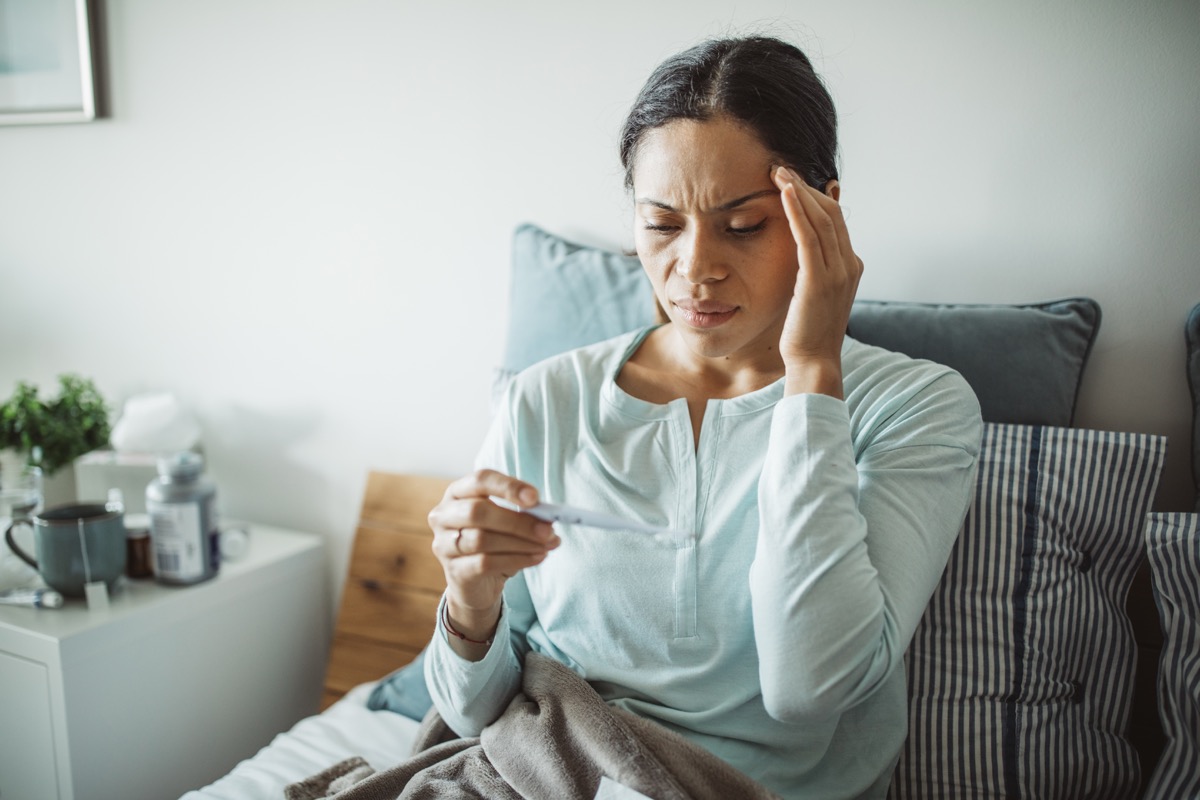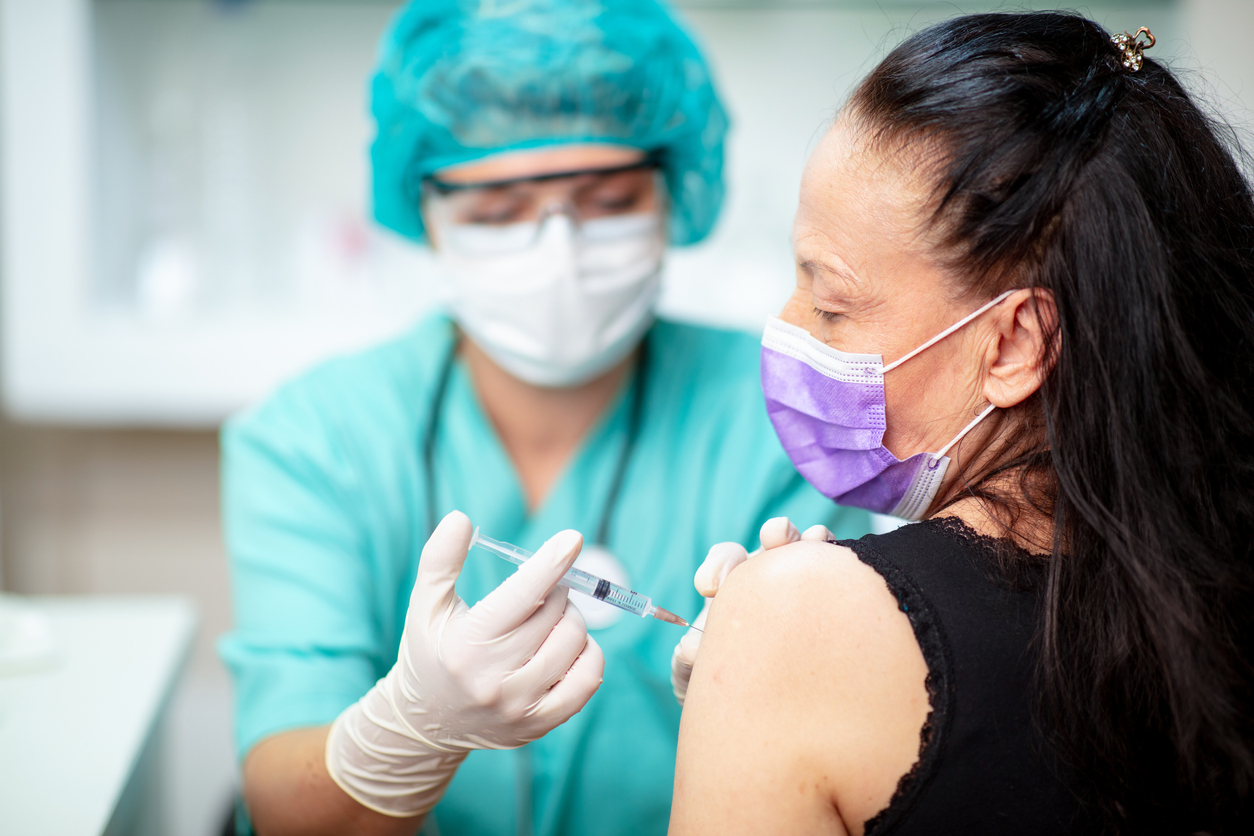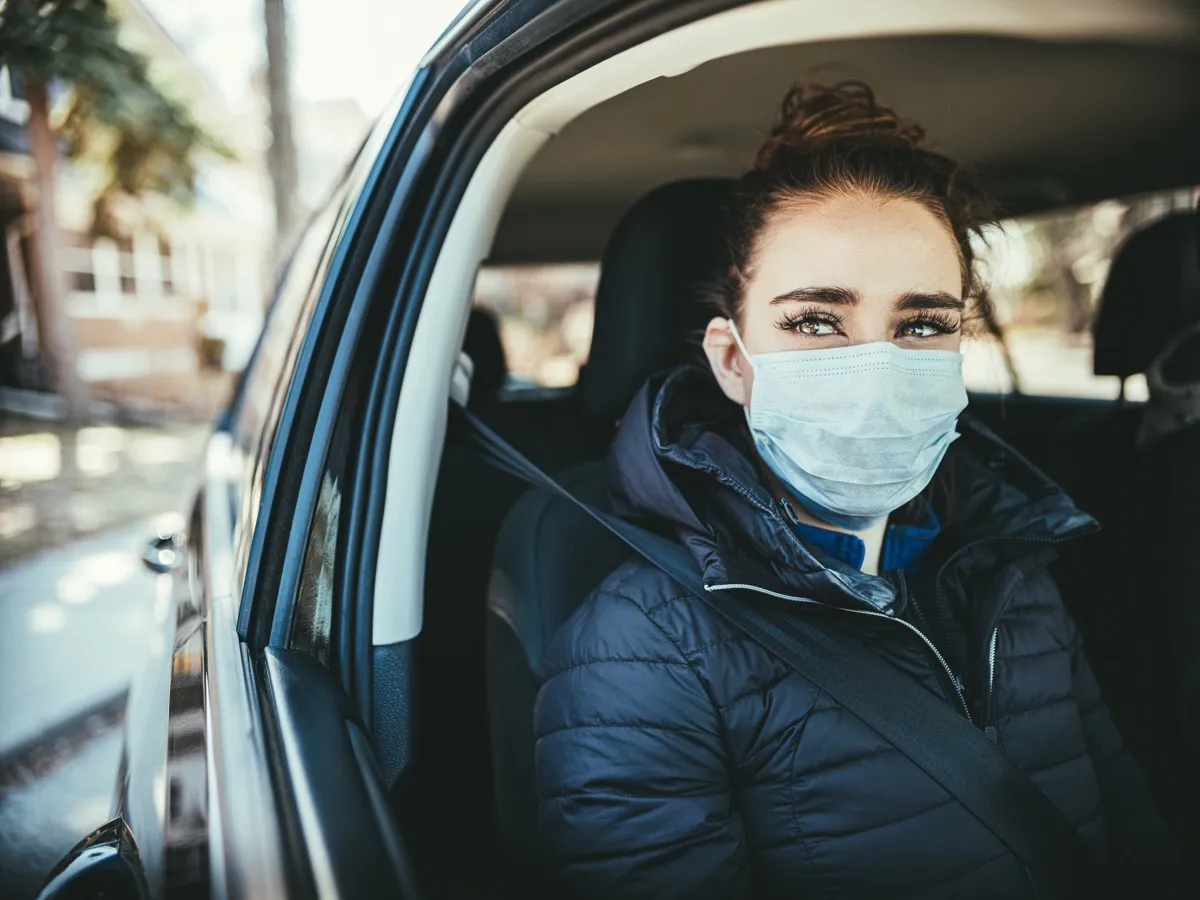“I would be surprised if it were not already in the United States, but you never know until you find it, and then prove it’s here,” Fauci told Newsweek. He said that, if by some chance it’s not already in the U.S., it’s inevitable that it’ll come to America as people begin to move more freely between countries again. “Sooner or later it will get here,” Fauci said. In addition to its highly contagious nature, among the biggest concerns about the 501.V2 COVID strain is that the Moderna and Pfizer vaccines being administered in the U.S. may not be as effective against it. However, Fauci noted that the existing U.S. vaccines are “very flexible,” explaining that it would only take a few months to modify them for maximum efficacy against the South African COVID strain. While Fauci said the vast majority of virus mutations are “meaningless,” he acknowledged that the medical community is on high alert for any new strains that could set off a surge of new infections. “Every once in a while you get a mutation that does have clinical significance. And that’s the reason why you need to continually monitor these changes,” Fauci explained.ae0fcc31ae342fd3a1346ebb1f342fcb Read on to find out what else experts are saying about the South African COVID strain and what can be done to prevent its spread. And if you’re eager to get your COVID shot, know that The FDA Just Ruled You Can’t Do These 4 Things With the COVID Vaccines. Read the original article on Best Life. In an interview with the BBC’s Today (via CNBC), Matt Hancock, who serves as the U.K.’s Secretary of State for Health and Social Care, expressed his concern about the South African strain’s spread. “This is a very, very significant problem…even more of a problem than the U.K. new variant,” Hancock said. And if you’re concerned about the pandemic right now, know that This Is Why We’re About to See the Worst COVID Surge Yet, Experts Warn. Despite Fauci’s optimism that existing COVID vaccines could be quickly modified to accommodate the 501.V2 strain, some experts have expressed concerns. John Bell, professor of medicine at Oxford University, told Times Radio on Jan. 3 that the South African variant, like the U.K. strain, is “not a single mutation. … And the mutations associated with the South African form are really pretty substantial changes in the structure of the (virus’ spike) protein.” That means the structure of the vaccines may not work against it as well. In an interview with CBS News, Shabir Madhi, PhD, who led the Oxford COVID vaccine trials in South Africa, explained, “It’s not a given that the vaccine will not work on this variant, but it is a consideration that the vaccine might not have the full efficacy.” And for more vaccine news, check out If You’ve Done This Recently, You Could Have a Bad Vaccine Reaction. In addition to being more contagious, experts say the 501.V2 COVID strain tends to affect patients more severely than prior strains. “What we could say clinically is that we have more people coming down with severe signs and symptoms,” virologist Sunday Omilabu, director of the Centre for Human and Zoonotic Virology at the Lagos University College of Medicine and Teaching Hospital, told Al Jazeera. In regards to its contagiousness, Omilabu said one person with the South African variant can spread the disease to four or five family members, the highest rate of transmission recorded yet. And for the latest COVID news delivered straight to your inbox, sign up for our daily newsletter. In discussing the new strain of the virus found in the U.K., Fauci explained to Newsweek on Dec. 29 that the best course of action against any mutation or new strain is to continue adhering to the public health measures already in place. “Wearing masks, keeping distances, avoiding congregate settings, doing things outdoors more than indoors, washing your hands frequently—those are the things that stop any virus, regardless of whether it mutates or not,” he said. And for more advice from Fauci, check out Dr. Fauci Just Said He’s Worried About This One State.



